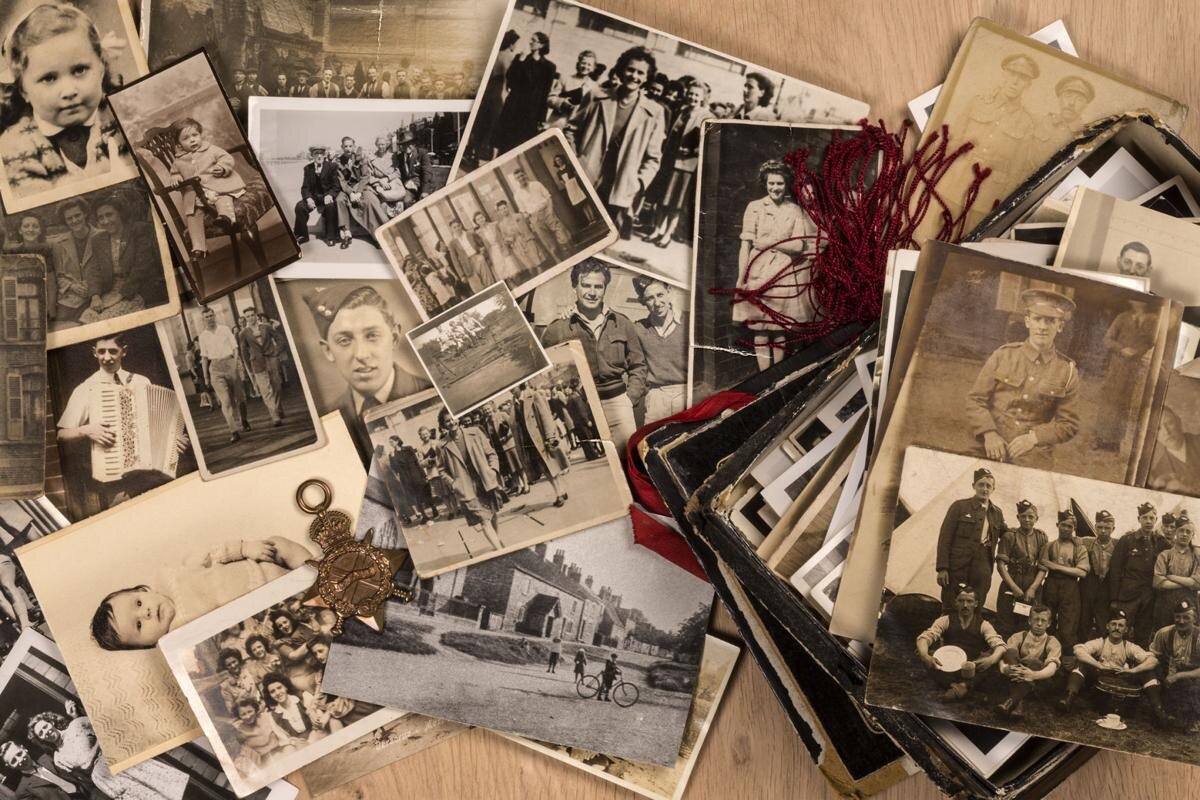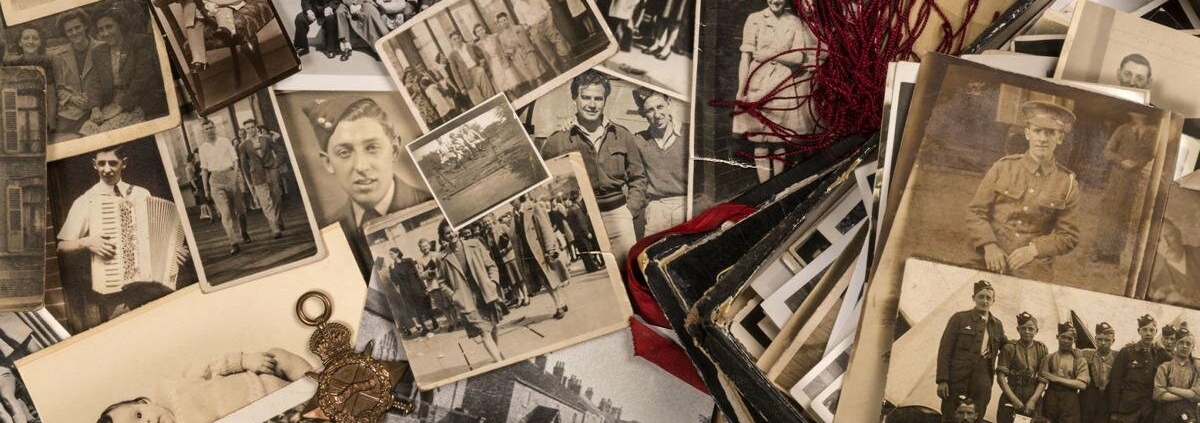Family Lost and Found
I am easily entertained for hours doing family history research on the internet. And I love watching the PBS show Finding Your Roots. Some describe the recent uptick in genealogical interest as a modern phenomenon. I don’t understand genealogy to be a fad but rather an ongoing search for meaning.
Many times, Torah recites the Jewish family tree. In fact, the book commonly called Exodus is known in Hebrew as “shemot” which means names, because it opens with the lineage of the Hebrews who decamped for Egypt. Trudging through the fourth book, Numbers, there is yet another census and listing of notable family members. By repeatedly listing family names, Torah demonstrates a basic truth about our need to connect with people of a common background.
Like Torah, I often return to recounting the people in my family history. I delighted in the stories my grandmother told about her home in Ukraine and the fear of Cossacks. I questioned my parents about the bootleggers and bar owners in our family. As I continue expanding my family tree, I am drafting a personal book of Shemot.
To date, I have identified 122 relatives. I spent long hours reading public records. I sent emails to possible relatives, often with no reply. And yet, I continue my searching. Given the tediousness of the task, I am sure that my motivation is more than a need for more screen time.
Here is what I have concluded. While I have many relatives I can name, I have few with whom I have a caring relationship. I don’t believe that my situation is at all rare. With increasing mobility, both upward mobility in terms of economic resources and geographic mobility in terms of opportunities to live and work almost anywhere, the modern family unit has splintered. With that splintering of the family, emotional and spiritual needs went unmet.
I have scores of cousins across this country I have never met. The family that first lived in Manhattan migrated to Brooklyn or the Bronx. The next generation went to Connecticut or Florida or California or Maryland. Before the break-up of AT&T (when long-distance calls were costly), and before the internet (when we used the Whitepages), and before FaceTime (when we bought train tickets to see family), maintaining communication among family members was arduous. Meaningful and grounding familial relationships were waning.
Family fights account for further ruptures. Remember that time that one uncle switched to a different table at the bar mitzvah upsetting the seating plan? Or was it the fight over an inheritance? Am I missing out on relationships with wonderful family because of a perceived slight or ill-timed comment?
Tracking the displacement of my extended family revealed to me the basic desire to connect with people in a shared history. My genealogical search is my hope of reconnecting the dissociated family.
I anticipate enhancing my life with the conviviality and collegiality of extended family. I yearn to be part of an extended family hoping that life lived in the context of a large family will add meaning and comfort. Perhaps my searching will identify new stories to tell and create new friendships. Rather than pursuing a fad, genealogical research is my quest for fulfillment.
Rabbi Evan J. Krame







 Evan J. Krame was ordained as a rabbi by the
Evan J. Krame was ordained as a rabbi by the